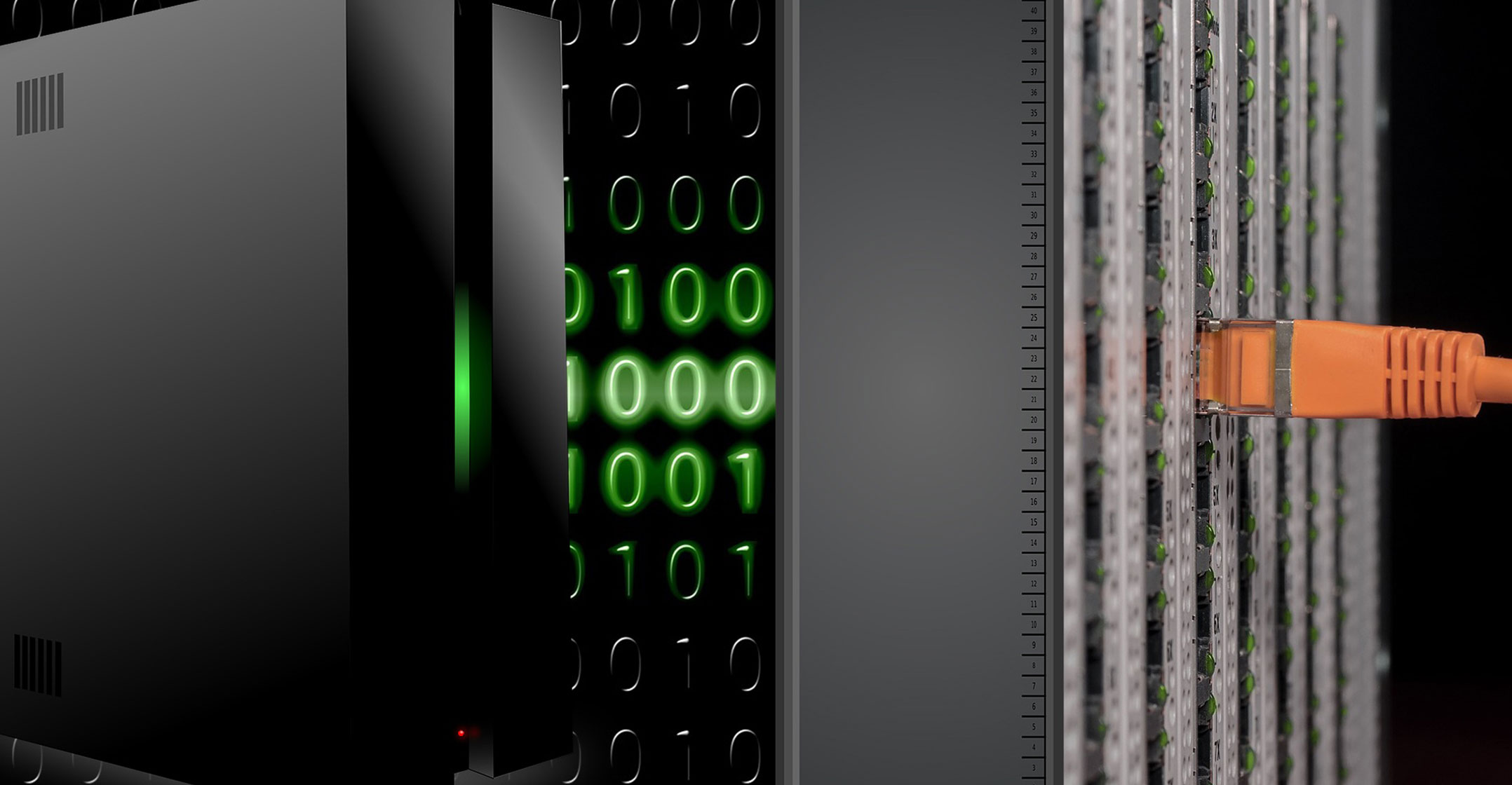 Phone carriers have been at the heart of computer networks since their birth half a century ago. Now they’ve begun a tactical retreat.
Phone carriers have been at the heart of computer networks since their birth half a century ago. Now they’ve begun a tactical retreat.
Companies such as AT&T and Telefonica aren’t widely known as custodians of the Web in the same way as Google or Facebook, but they built — and still own — many of the data centres that power our phone apps, streaming services and corporate networks.
As the tech giants and data centre specialists including Equinix roll out a new generation of huge, efficient server farms, the telecommunications industry faces a choice: invest heavily to stay competitive or sell out. Many are doing the latter.
“Data centres aren’t even the telecoms companies’ core business so they’ll have to invest a hell of a lot of capital for a relatively low return compared to buying a router or a switch,” said Andrew Jay, head of data centre solutions at real estate services firm CBRE. “As a telco CEO, why would I want to do that? I would be mad.”
Selling older sites to specialist operators makes sense since the buyers’ cost of capital is falling as infrastructure funds take a growing stake in the new industry.
The centres being sold are often “co-location” facilities where the owner uses a chunk of available capacity and rents out the rest to third parties. Transferring ownership to independent players can resolve conflicts of interest that may deter some customers, boosting usage rates.
Commercial opportunity
“The telcos have some beautiful data centres that would get more efficient if you release them from a single owner to host multiple tenants,” said Equinix’s MD of managed services, Michael Winterson.
There’s a big commercial opportunity — global revenue from co-location data centres was US$22.8-billion last year and is set to more than double by 2023, according to market and consumer data provider Statista.
However, such investments can take 10 to 15 years to pay off and “return on capital is something the telcos struggle with massively for that reason”, said Jay at CBRE.
 It’s made sense until now for telecoms companies to own both data cables and the computers they plug into. Controlling all the hardware meant they could offer tailored networking services to big corporations. But the growth of cloud computing and so-called software-defined networks has made it easier to design a corporate network without needing to own the switches, routers and servers.
It’s made sense until now for telecoms companies to own both data cables and the computers they plug into. Controlling all the hardware meant they could offer tailored networking services to big corporations. But the growth of cloud computing and so-called software-defined networks has made it easier to design a corporate network without needing to own the switches, routers and servers.
Inefficient data centres are also becoming a liability as their energy bills grow and the industry comes under pressure to lower its carbon footprint.
More consumers are realising that the servers powering their phone apps and Netflix shows are responsible for as much carbon dioxide emissions as the airline industry. Ethical investment funds are pushing operators to use more renewable power and cut their electricity use.
When Spain’s Telefonica sold 11 of its data centres to Asterion Industrial Partners this year, it was partly on condition that the infrastructure fund manager improve their energy efficiency and use more renewables.
“The new owners can increase the occupation and therefore the power usage effectiveness of the centres,” Telefonica said in emailed replies to questions.
Some carriers have vowed to stay put and fight for their place in the industry.
France’s Orange is shifting processing power from around 20 data centres to three newer sites in the north of the country that won’t rely so much on refrigerated air to keep its servers cool. It’s seeking further efficiency gains by using advances in big data and artificial intelligence to calibrate equipment and detect component failures before they happen.
Efficiency bechmark
The main efficiency benchmark is power usage effectiveness — the energy used by the servers as a proportion of the building’s total power consumption. The lower the number, the more efficient the site. Orange’s newest facilities have a PUE of 1.3, compared to 1.9 for its older data centres, its IT director Marc Blanchet said.
If carriers in Europe can keep their data centres competitive, they stand to win business from local companies that see an interest in supporting homegrown digital infrastructure, said Winterson of Redwood, California-based Equinix.
“There’s a potential for ‘national heroes’ to deliver some sort of infrastructure for enterprise by Europeans, for European businesses catering to European issues,” he said. — Reported by Thomas Pfeiffer and Angelina Rascouet, with assistance from Rodrigo Orihuela and Daniele Lepido, (c) 2019 Bloomberg LP




